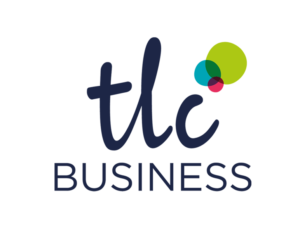Top 5 things to consider for design and print work
First impressions count, so getting design and print work that makes an impact is important.
To help get it right, we’ve put together the top 5 things to keep in mind when it comes to design and print work, so you can promote your business successfully:
1) Target Audience
One of the most important things to consider before you create print and design work is your target audience.
Think about their demographics, interests and needs so you can tailor your design to make sure they engage with your brand.
2) Consistent Branding
It’s worth setting up clear brand guidelines to enhance your design and help customers instantly recognise your brand. That way anyone creating design and print work on your behalf will be able to deliver something that looks and feels the same.
Choose colours and fonts that are easy to read and work well with the tone and purpose of your design. We recommend sticking to the same colour palette, typography and logos for a cohesive brand.

3) Layout
Creating design work with a clear layout is essential, so you can deliver your message effectively.
It works well to position text, images and other design elements in a balanced way, to clearly promote your business.
For print work, it is vital to work to the exact print size and specifications, to make sure the design fits well.
4) Image Selection
Be careful to select relevant quality images with a high resolution, to make sure they look good when printed.
Remember to pay close attention to any copyright restrictions to avoid any hefty fines.

5) Proofreading
Making errors in print work can be costly, so it’s worth asking someone else to double check everything for any typos or mistakes that may have crept in.
Whatever your design needs, our experienced graphic designers Caroline and Shadie are always here to help!
For inspiring design work that speaks to your customers, call us on 01962 600 147 or email info@tlc-business.co.uk



